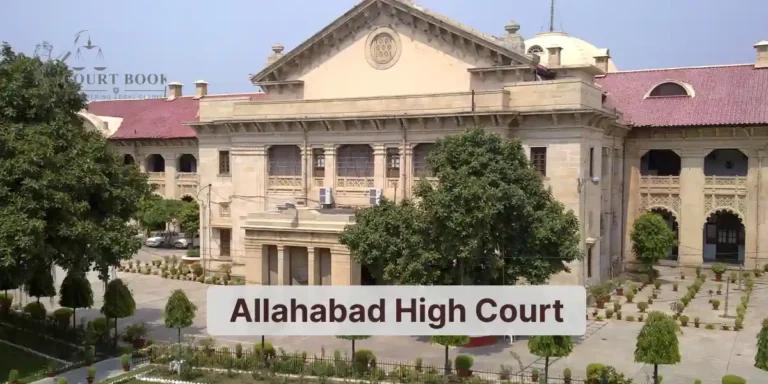In a recent ruling, the Allahabad High Court emphasized that compassionate appointments are not a windfall but merely a welfare measure to prevent financial hardship for the family of a deceased employee. The observation was made by Justice Ajay Bhanot while dismissing a plea for compassionate appointment filed by Chanchal Sonkar, whose husband, a bank employee, passed away in 2022.
“Compassionate ground appointments are not intended to create a windfall for the kin of the deceased. The employer is only required to assess the financial condition which keeps the kitchen fire burning.” — Justice Ajay Bhanot
Background of the Case
The petitioner's husband was working in State Bank of India and died on 17.11.2022. His last drawn gross salary was ₹1,18,800.14. The petitioner applied for a compassionate appointment, but her request was rejected by the bank on 24.07.2023.
The rejection was based on Clause 5 of the bank's 2022 Scheme for Compassionate Appointments. According to this rule, the family’s monthly income from all sources must be less than 75% of the last drawn gross salary to qualify for such an appointment. In this case, the family's monthly income exceeded 75%, leading to the denial.
The court reiterated that appointments to public posts, including government undertakings, must be made through an open, transparent, and competitive recruitment process, as mandated under Articles 14, 15, and 16 of the Constitution.
“Appointments on compassionate ground are a deviation from the regular recruitment process and are justified only as an exception to the constitutional scheme.” — Allahabad High Court
The court stressed that compassionate appointments are not a right, but a concession or exception aimed at helping families facing sudden financial destitution due to the death of the sole earning member.
Quoting the Supreme Court’s ruling in Umesh Kumar Nagpal v. State of Haryana, the court said:
“The object of granting compassionate employment is to enable the family to tide over the sudden crisis… It is not to give a member of such family a post, much less a post held by the deceased.”
Read also: Trial Already Begun? Then No Need to Reopen or Transfer Investigation, Says Allahabad High Court
The court also cited rulings such as:
- Director of Education (Secondary) v. Pushpendra Kumar – which reaffirmed that only urgent financial distress justifies compassionate appointments.
- Director of Treasuries in Karnataka v. Somyashree – which outlined that such appointments are exceptions to the general rule of recruitment based on merit.
- Calcutta High Court in Ipsita Chakrabarti and Sri Bijon Mukherjee cases – which emphasized that compassionate appointments must follow the specific scheme and strict financial criteria.
“Treating compassionate ground appointments as a vested right will shear the thin veil of legality… and expose such appointments to the wrath of Articles 14, 15, 16 of the Constitution.” — Justice Ajay Bhanot
The court found that the bank correctly calculated the monthly family income, which included terminal benefits, family pension, and notional interest on corpus. Here are the relevant financial details as per the bank:
- Provident Fund: ₹28,37,574
- Gratuity: ₹12,88,350
- Leave Encashment: ₹9,50,401
- Investments (LIC and others): ₹1,04,42,704
- Total Net Corpus: ₹1,55,19,029.12
From this, the bank derived:
- Monthly Notional Interest (80% of corpus @ 6.10%): ₹63,110.71
- Family Pension: ₹36,445.00
- Total Monthly Income: ₹99,555.71
- 75% of Last Drawn Salary: ₹89,100.10
Since the family’s monthly income of ₹99,555.71 was above 75% of the last salary, the court concluded there was no financial destitution.
“The income of the family so determined establishes that the family does not face financial destitution as a result of the death of the employee.” — Allahabad High Court
Accordingly, the writ petition was dismissed.
Case Title: Chanchal Sonkar v. Chairman, State Bank Of India And 5 Others [WRIT - A No. - 1680 of 2025]













